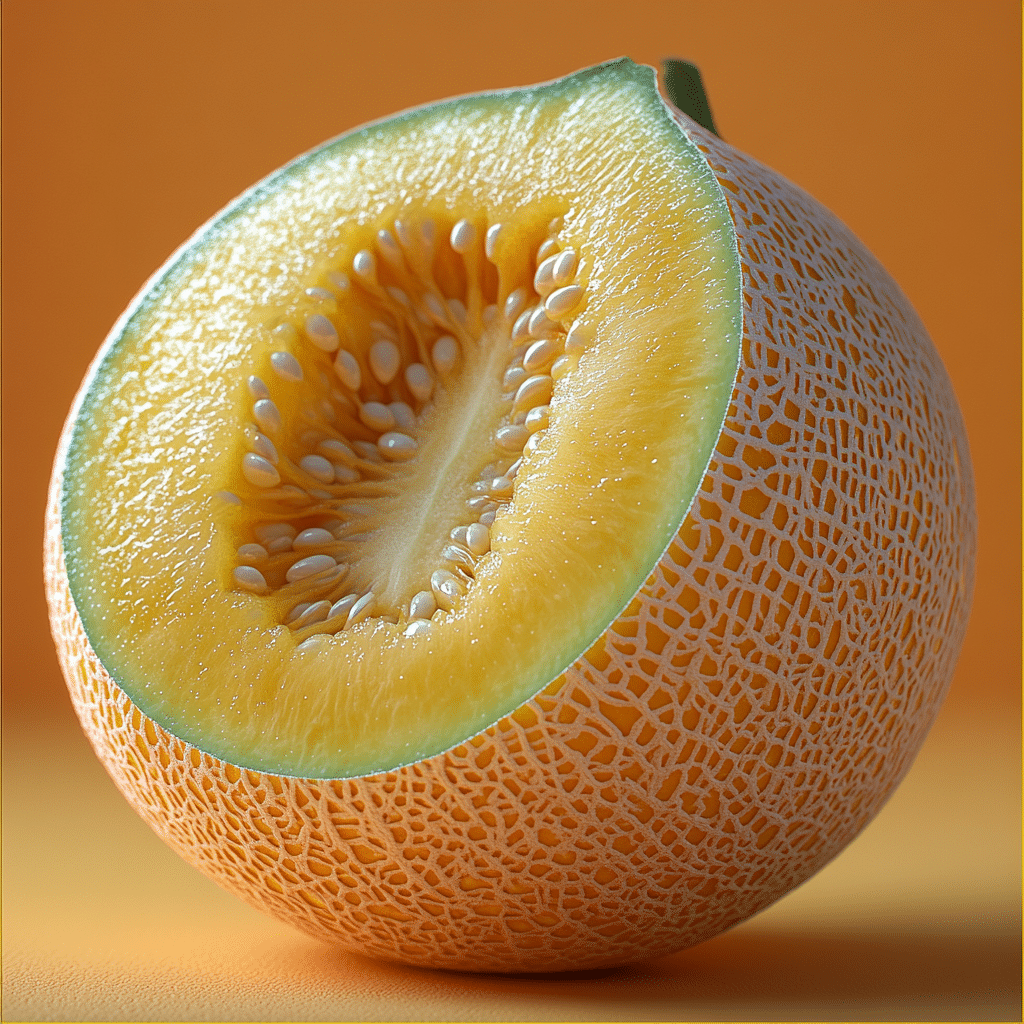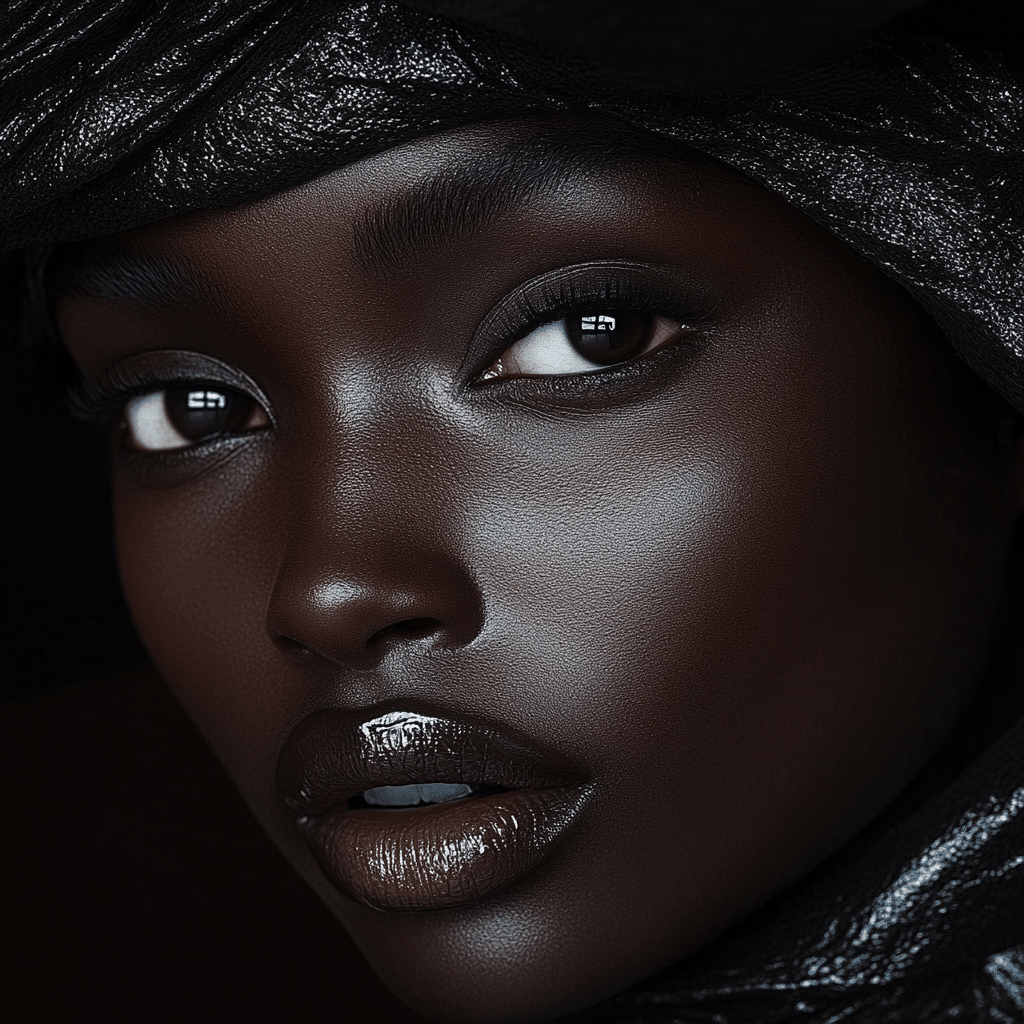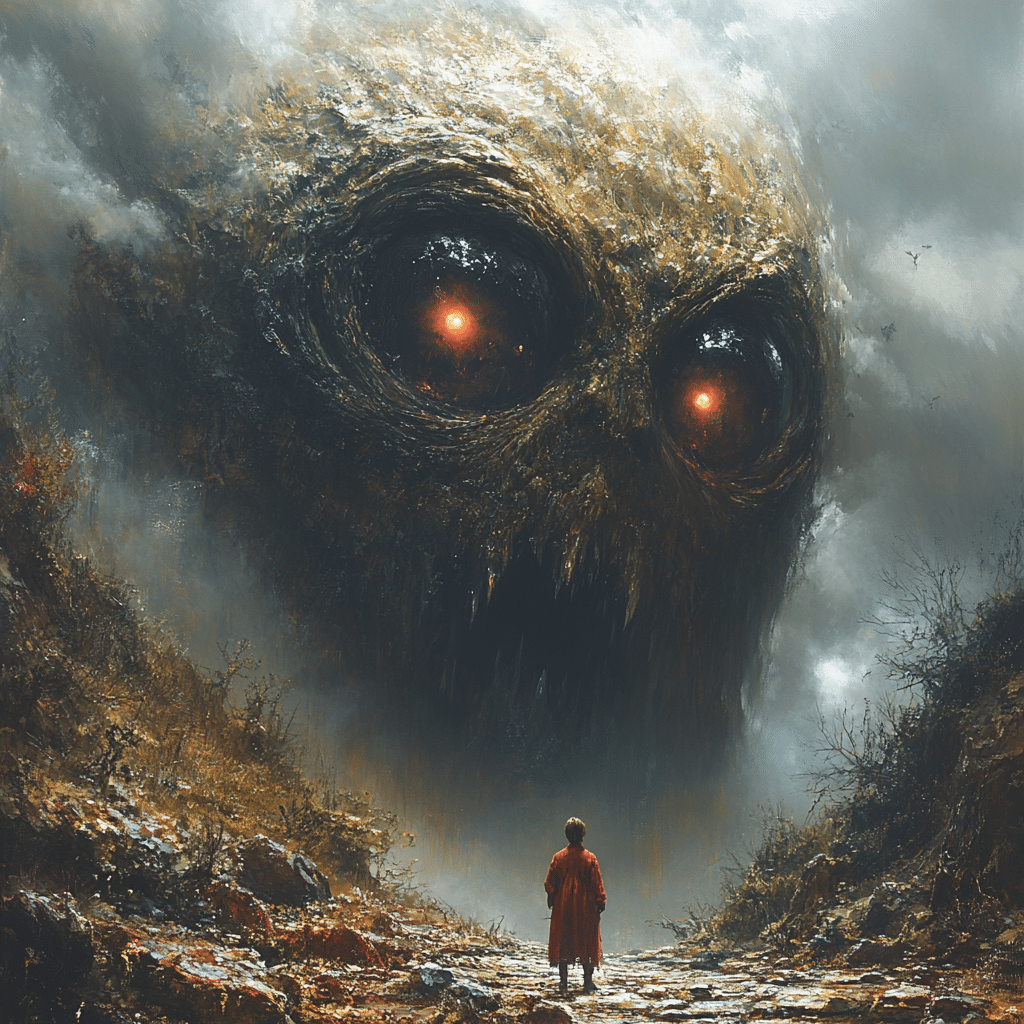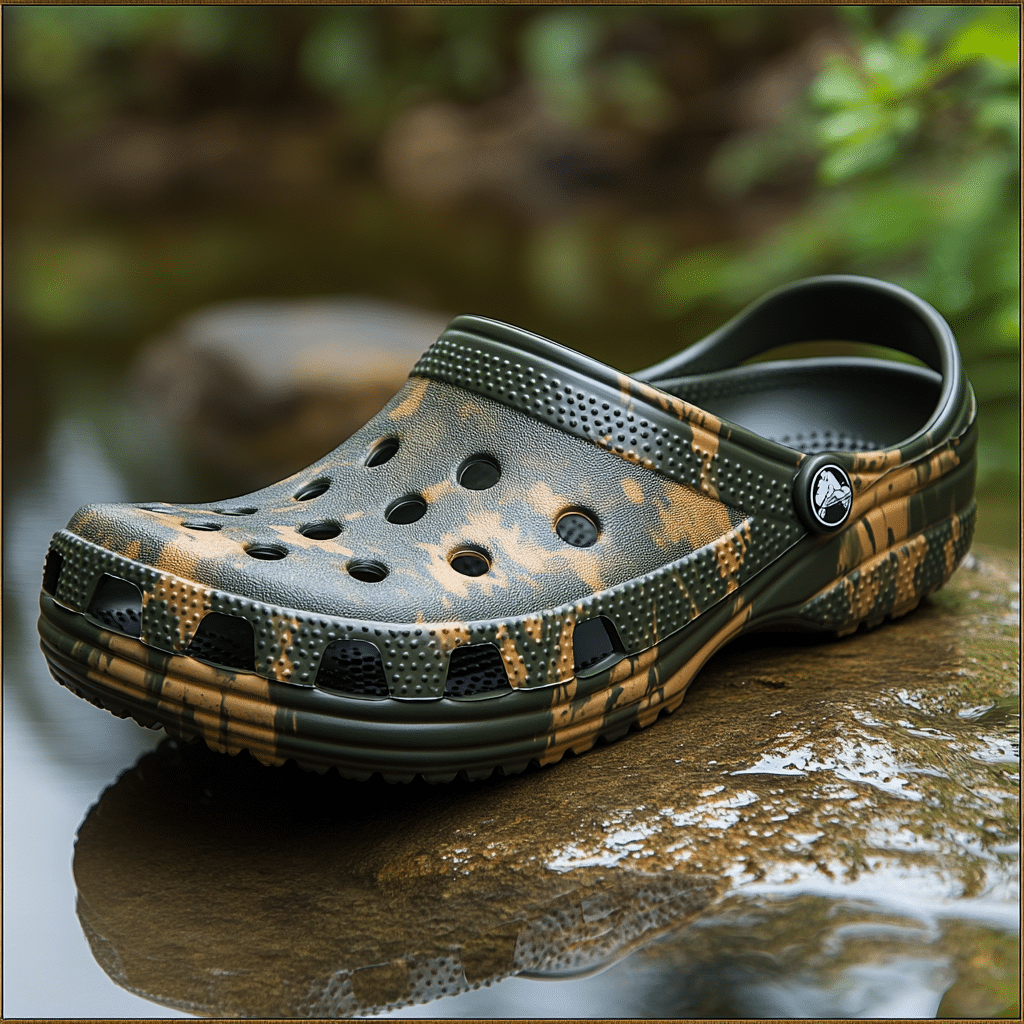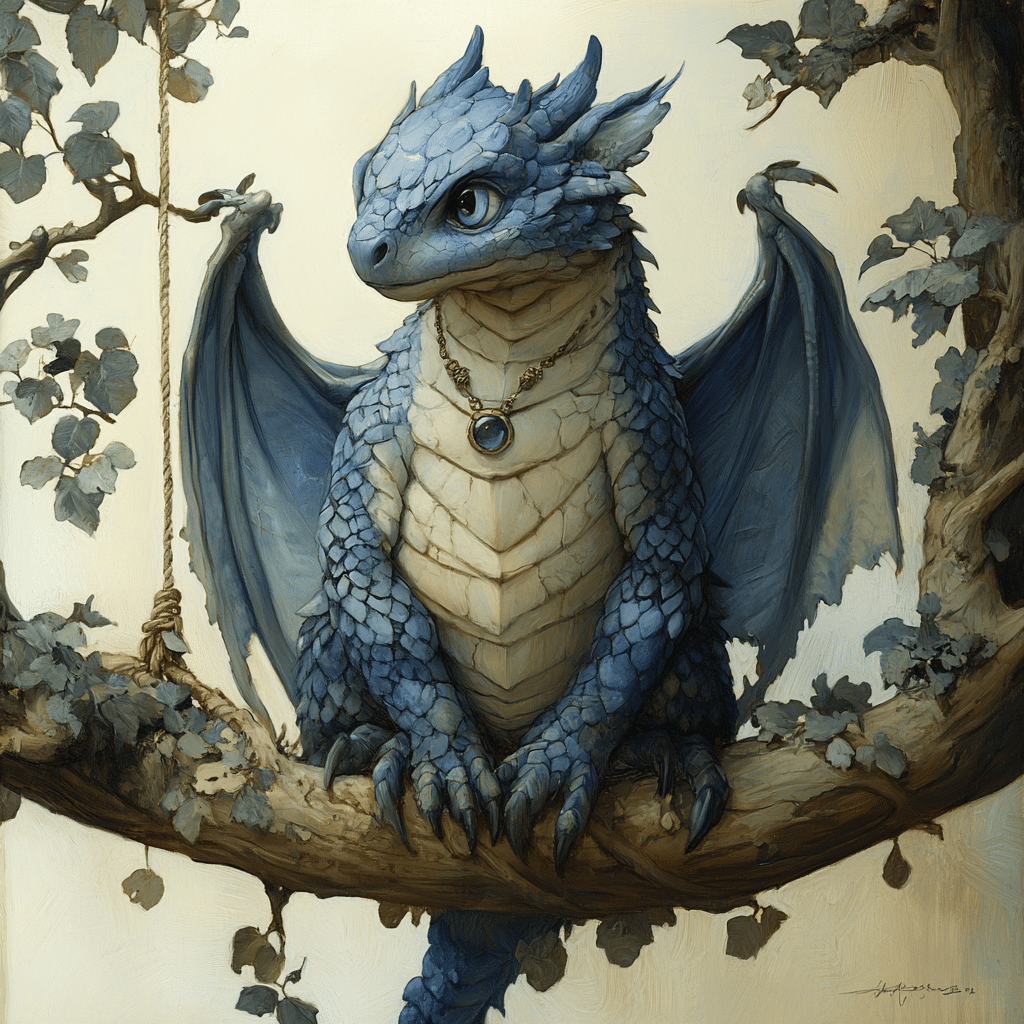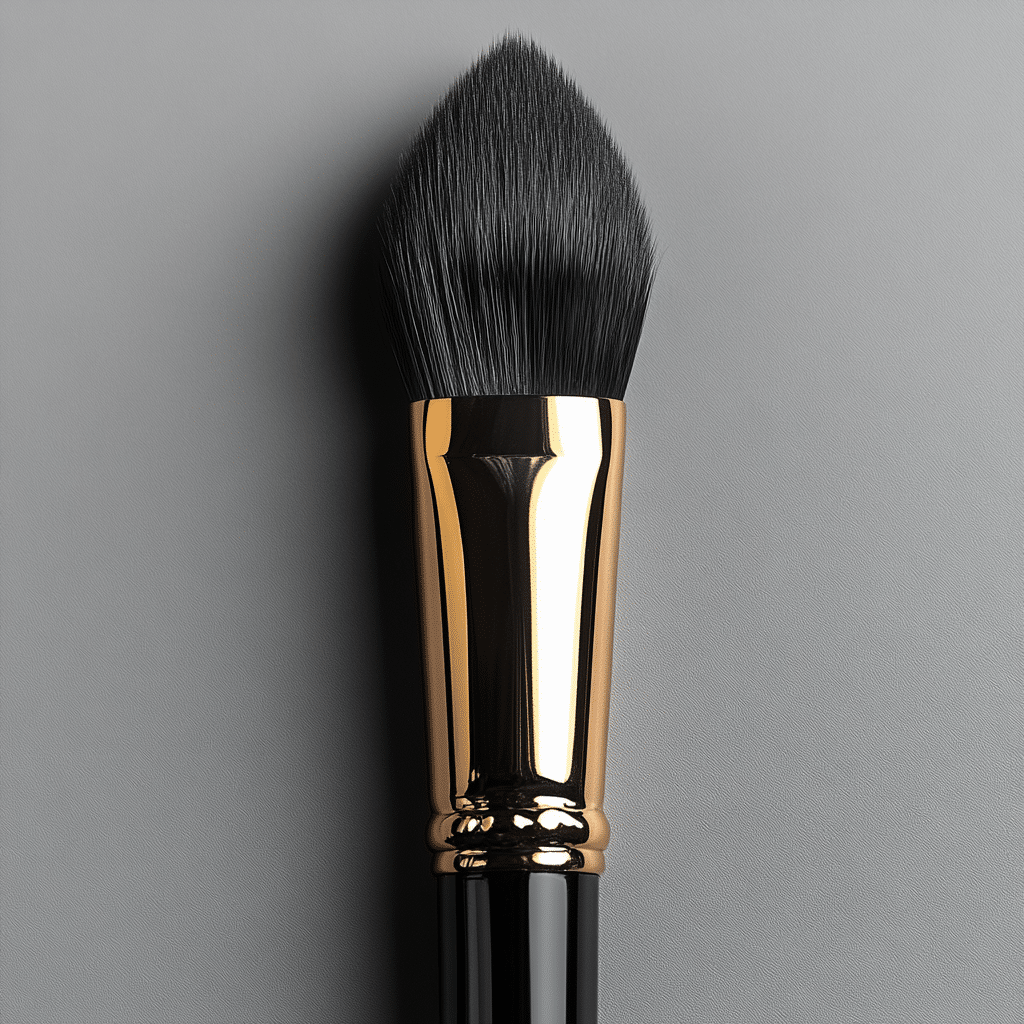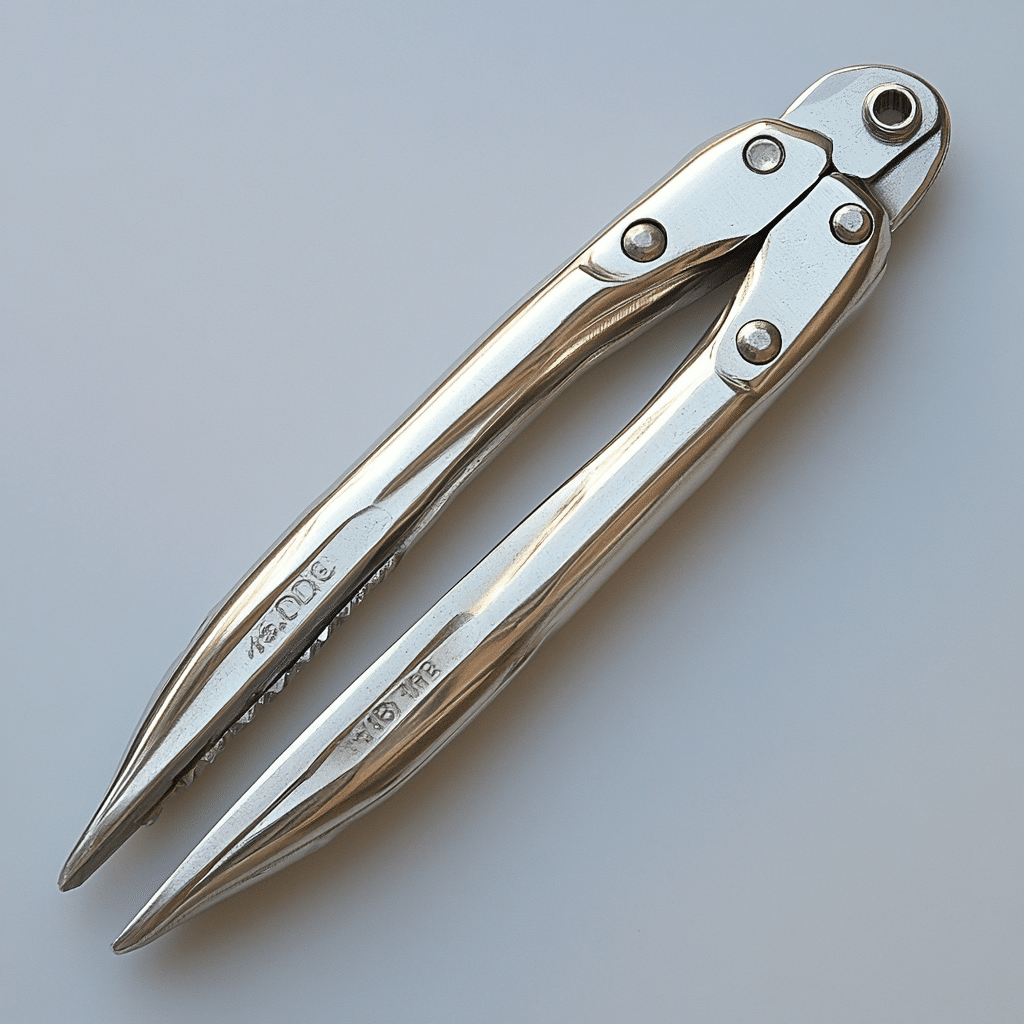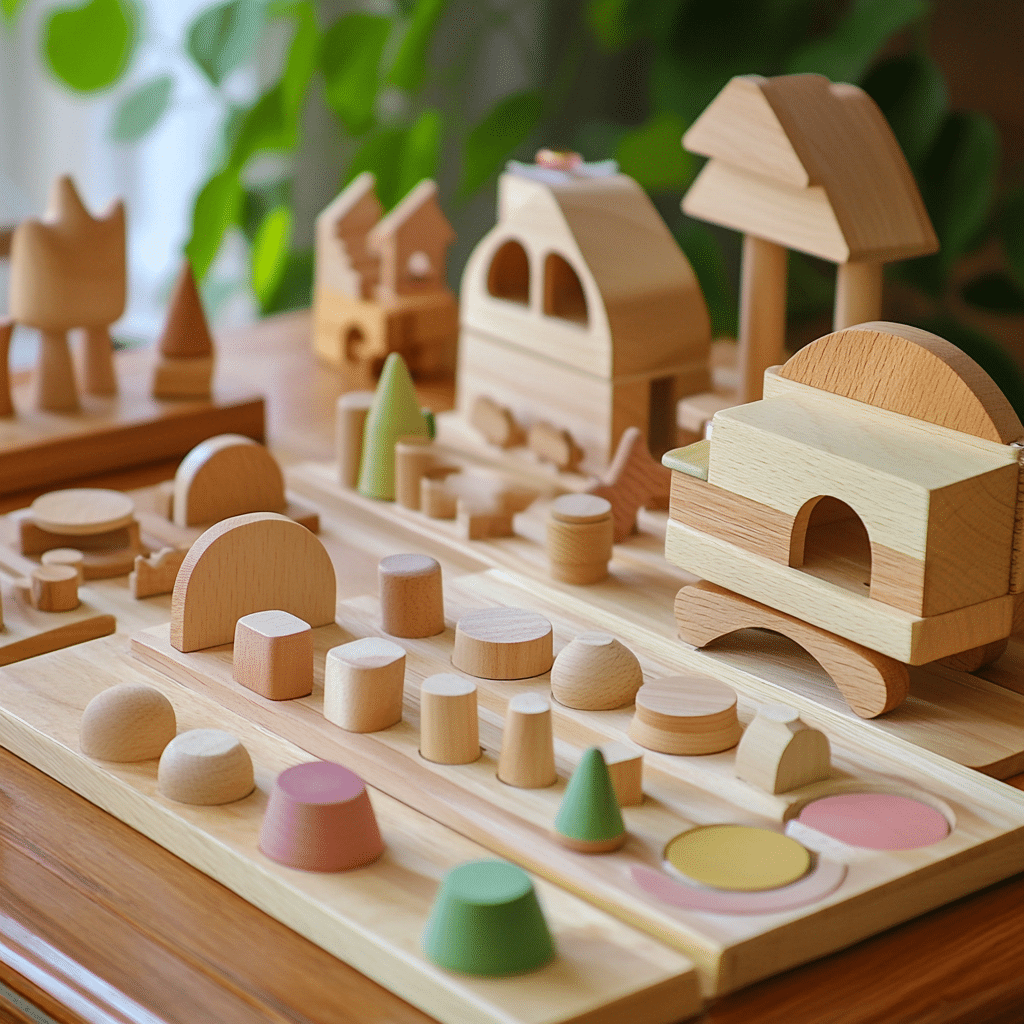Crane flies, often referred to as mosquito eaters, have gained a mixed reputation that’s simply not deserved. Many people believe these creatures actively hunt down pesky mosquitoes, leading to countless misconceptions. In reality, calling crane flies “mosquito eaters” is misleading and contributes to this confusion. So, let’s dive deep into the truth behind these intriguing insects and bust some common myths!
1. Understanding the Mosquito Eater Myth
Crane flies are a fascinating group of insects, but they’re often misunderstood due to their nickname. You might be surprised to learn that while some people believe these creatures are natural predators of mosquitoes, that’s not the case. The confusion comes from their long legs and delicate appearance, which can lead people to think they’re formidable hunters.
Unfortunately, these misconceptions can cause unnecessary panic. Users often ask, “Do mosquito eaters really eat mosquitoes?” The truth? They don’t! Instead, they feed primarily on nectar and only occasionally munch on mosquito larvae during their lifespan of about ten days.
Their harmless behavior and ineffectiveness as pest control are also critical points to understand. Let’s unravel the big five misconceptions about crane flies.
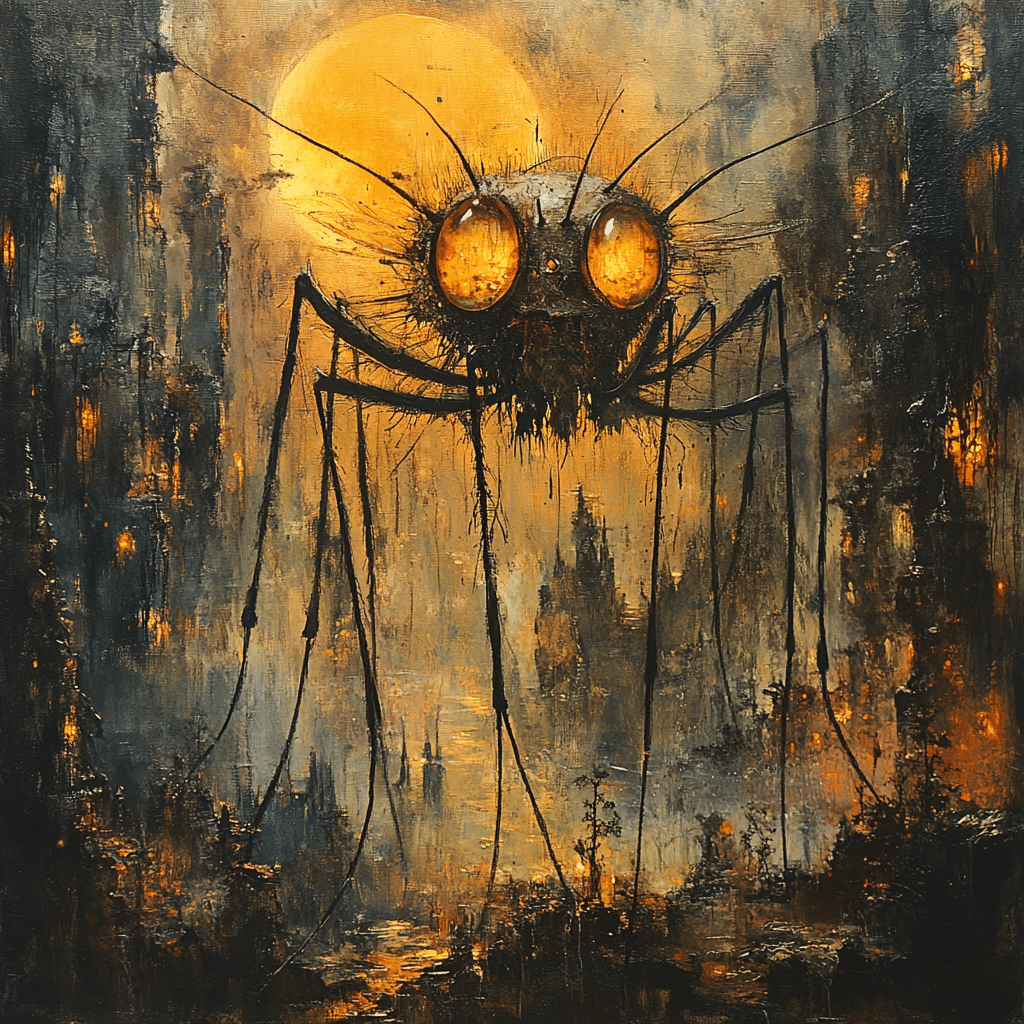
2. Top 5 Misconceptions About Crane Flies and Their Impact
Misconception 1: Crane Flies are Dangerous to Humans
Many people believe that crane flies pose a threat to humans. Worry not! They lack biting mouthparts and do not sting or bite, making them non-threatening. Experts, including entomologists, have studied crane flies and affirm that they are completely harmless. So, next time one buzzes by, breathe easy!
Misconception 2: They are Effective at Controlling Mosquito Populations
Here we go again with the “mosquito eater” branding! Scientifically speaking, crane flies do not effectively control mosquito populations. They mainly indulge in nectar, leading to the speculation that they might munch on mosquitoes. However, studies show their ecological role revolves around other insects. Their true diet doesn’t help in battling those bloodsuckers.
Misconception 3: Their Presence Indicates Poor Hygiene or Standing Water
You might think that seeing crane flies around means your yard’s hygiene is lacking. Nope! Contrary to popular belief, crane flies thrive in a variety of environments, not just those with standing water. They prefer moist areas but can show up anywhere with grass, making them unrelated to your home’s cleanliness.
Misconception 4: Crane Flies Carry Diseases Similar to Mosquitoes
This claim couldn’t be more false! While mosquitoes can transmit various diseases, crane flies lack the necessary anatomical features to do so. According to experts, crane flies act harmlessly and are neither disease vectors nor threats to human health.
Misconception 5: They are a Sign of a Pest Problem
Seeing a crane fly doesn’t mean your home has a pest issue. They often appear in specific seasons, particularly during warmer months. Understanding their lifecycle can help you deal with any minor turfgrass problems they cause, not as major pests but merely part of your garden’s ecosystem.
3. The Ecological Role of Crane Flies
Despite their perceived annoying nature, crane flies play an important part in our ecosystem. They contribute significantly to the food web. Various birds, reptiles, and even other insects feast on them.
The lifecycle of a crane fly begins in moist soil, where their larvae thrive. This larval stage aids in the decomposition of organic materials. So next time you see a crane fly, consider what role it plays in supporting other species.
Their presence indicates an active ecosystem. As they decompose materials and provide food for others, they also help maintain soil health. Appreciate them for what they are rather than fear them!
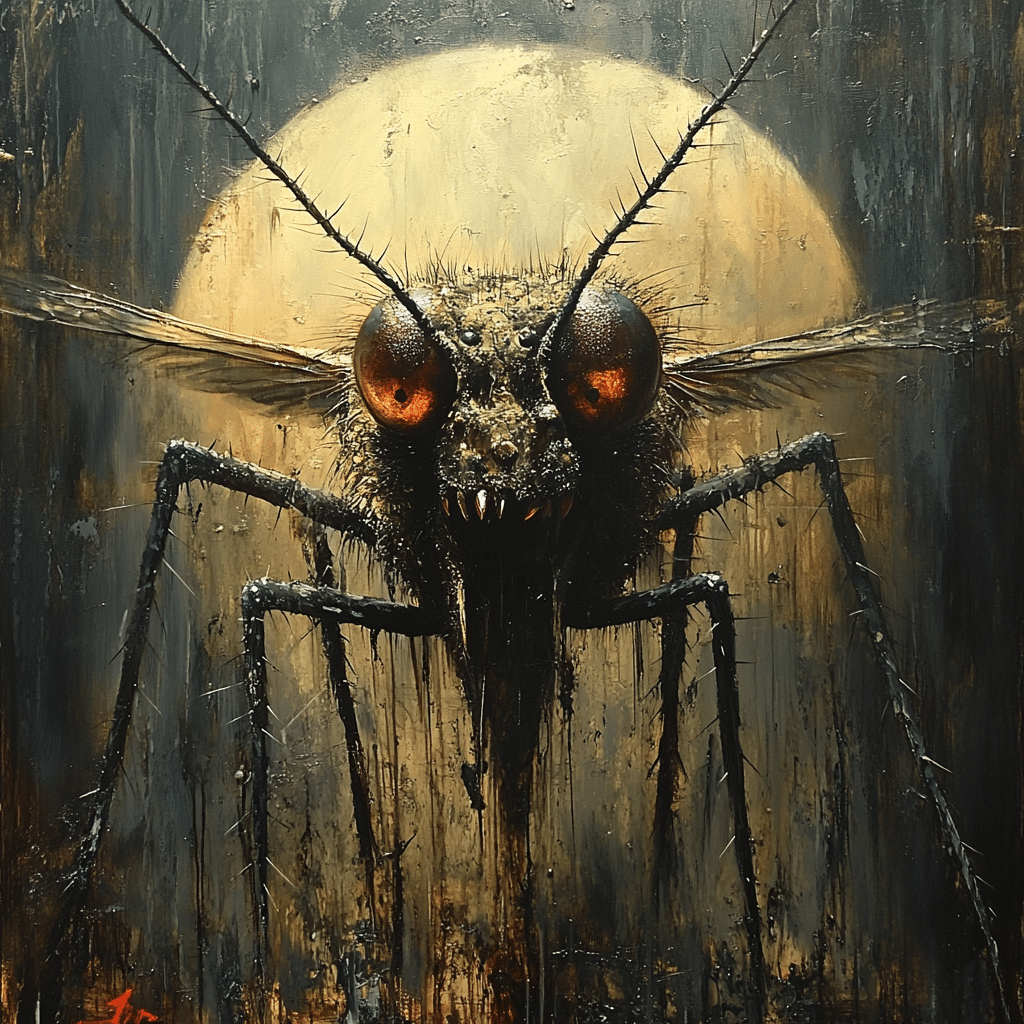
4. The Reality: Are Crane Flies Truly Dangerous?
Let’s get real—crane flies are not dangerous! Expert opinions, including those from prominent ecologists, confirm that they’re harmless. However, some still hold an irrational fear of these flies. Field studies reveal that crane flies often coexist with mosquito populations without exacerbating the problem.
In practical scenarios, encounters with crane flies often produce harmless interactions. They flit around your backyard but pose no danger. If anything, they highlight the balance within our natural environments, acting as indicators of biodiversity.
Surprisingly, data shows that fluctuating crane fly populations correlate with environmental changes rather than spikes in mosquito numbers. This reinforces their status as partners in the ecosystem rather than enemies of public health.
5. Tips for Managing Crane Flies in Your Area
If you’re still concerned about crane flies showing up at your BBQ, there are ways to manage their presence without fear. Here are some practical tips:
6. Crane Flies vs. Other Insects: A Comparative Analysis
Let’s set the record straight—crane flies are often compared to other beneficial insects, such as dragonflies and bats. Unlike crane flies, dragonflies are effective mosquito predators. They actively hunt mosquitoes in various aquatic habitats. Bats are also impressive in their mosquito-hunting skills, consuming thousands in one night.
When you look at the diets and behaviors of these insects, it’s easy to see where confusion can arise. But remember, while dragonflies and bats are beneficial for pest control, crane flies contribute differently to our ecological landscape.
Final Thoughts: Debunking the Mosquito Eater Myth
In conclusion, it’s time to put the “mosquito eater” myth to rest. Crane flies are fascinating creatures deserving of our respect, not our fear. Their roles in the ecosystem contribute to soil health and food webs, and they are entirely harmless to humans. Next time you spot one flitting around, consider their ecological role, appreciate their beauty, and spread the word about the truth behind these graceful insects.
So, let’s start educating others about the real story of crane flies! When we appreciate their part in our ecosystem, we respect the delicate balance of nature. Plus, wouldn’t that make for a great conversation starter at the next BBQ?
Remember, it’s not just about fighting against pests; it’s about well-fighting nature with knowledge. Happy nature exploring!
If you’re thinking about comfortable summer wear while gardening, check out those stylish linen pants For Women. And for entertainment during your downtime, explore the latest in Chris Kattan Movies And TV Shows. For an enhanced gaming or working experience, think about investing in a quality Logitech wireless headset. And for budgeting on the go, you can’t beat the SC paycheck calculator! Finally, if you’re ever in need of a delicious meal, don’t miss the popular Haidilao hot pot, and of course, enjoy a stunning Ronaldo wallpaper while you’re at it!
Mosquito Eater Myths: Are Crane Flies Truly Dangerous?
The Misunderstood Mosquito Eater
Ever heard of the infamous “mosquito eater”? Despite what their name suggests, crane flies, commonly dubbed mosquito eaters, aren’t the lethal predators you might expect. In fact, these long-legged insects are harmless to humans and don’t even eat mosquitoes. They only live for about 10 days, and in their adult stage, they primarily don’t feed at all! Isn’t that wild? Just like in the Revan Star Wars movie, Keanu Reeves showcases characters battling expectations, crane flies defy the beliefs many hold about them.
Fun Facts That Buzz
Let’s dive into some funky trivia about the mosquito eater. Did you know that on average, a crane fly can have up to 300 eggs? They lay them in moist environments, which helps ensure that their offspring thrive. Talk about a busy family! Also, when you consider weight, it’s interesting to note that 55kg in Lbs is equivalent to about 121 pounds—imagine a crane fly weighing that amount! Thankfully, our mosquito eaters are much lighter.
Clearing Up the Confusion
Lastly, while the name suggests they’re out for blood, the truth is they just don’t bite or sting. The actual danger comes from those folks who mix facts with myths. There were cases, like the Yost CCS transportation lawsuit, which highlight how assumptions can lead to misunderstandings. So, next time you see a mosquito eater lounging around your garden, remember: they’re just vibing and doing their thing.
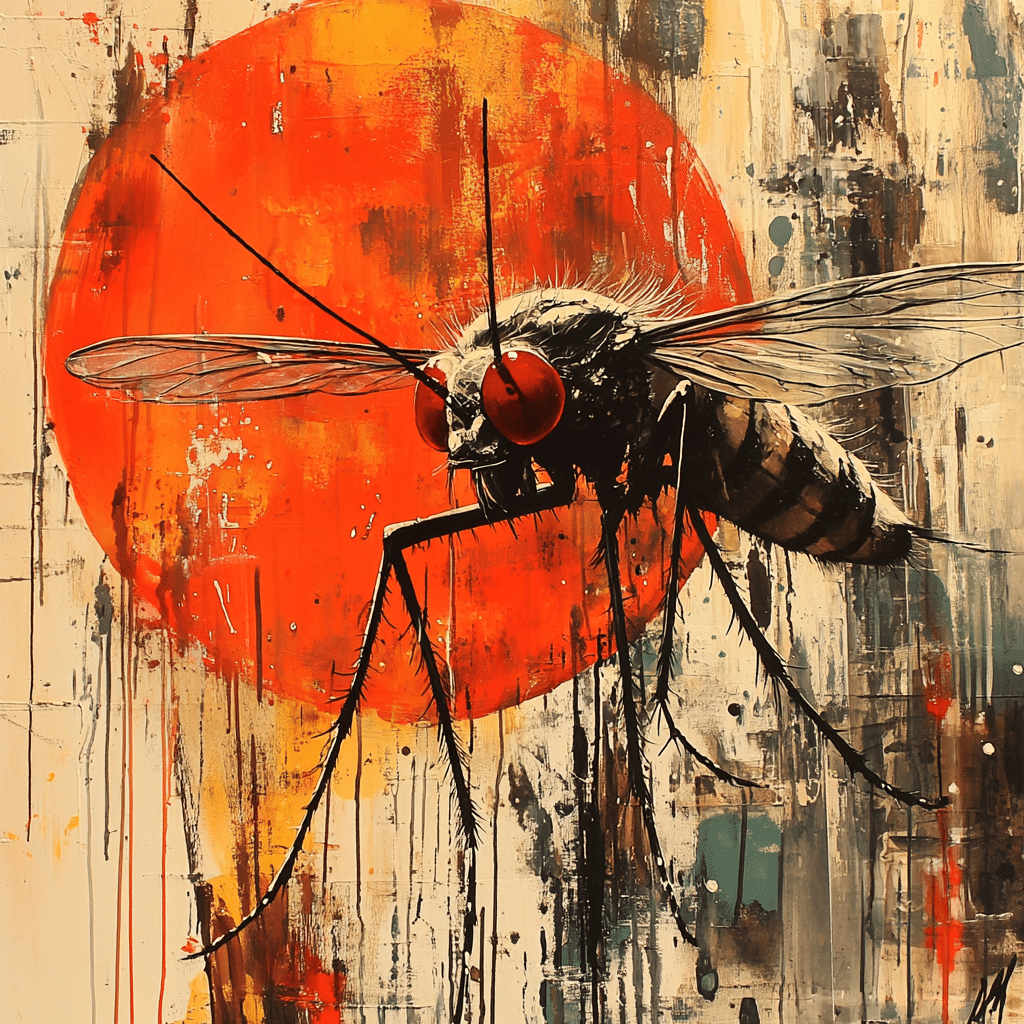
Why do we call them mosquito eaters?
We call them mosquito eaters because folks believe they feed on mosquitoes, but that’s just a myth. Crane flies don’t actually hunt mosquitoes; they primarily drink nectar for food.
Are mosquito eaters good or bad?
Mosquito eaters are generally considered good since they don’t harm people and don’t carry diseases. While they’re not pests to humans, their larvae can be a nuisance to turfgrass.
Do mosquito eaters bite or sting?
Mosquito eaters don’t bite or sting at all. In fact, they lack mouthparts that would let them bite, so they’re completely harmless to humans.
What is the bug that eats mosquitoes?
The bug that eats mosquitoes isn’t the crane fly, despite its nickname. Natural predators of mosquitoes include dragonflies, bats, and certain birds.
What is the lifespan of a mosquito eater?
A mosquito eater typically lives about 10 days, and most of that time is spent mating. They don’t have a long life compared to some other insects.
What did Native Americans call mosquitoes?
Native Americans had various names for mosquitoes, depending on the tribe. Some tribes referred to them using terms that highlight their annoyance, but specific names can vary.
What mosquitoes hate the most?
Mosquitoes generally hate strong scents, like those from lavender, citronella, and eucalyptus. These plants can help repel them and keep them at bay.
What does the crane fly mean spiritually?
In spiritual terms, some believe the crane fly symbolizes adaptability and transformation, as it goes through various stages in its life.
Are mosquitoes picky about who they bite?
Yes, mosquitoes can be pretty picky about who they bite. They’re attracted to certain body odors, carbon dioxide, heat, and even blood types.
Is a daddy long legs a Crane Fly?
A daddy long legs is another name sometimes used for a crane fly, but it can also refer to a different arachnid. So, it’s essential to know which bug you’re looking at.
What eats mosquitoes the most?
Natural predators like dragonflies and some fish eat mosquitoes the most. They play a significant role in controlling mosquito populations.
Can mosquitoes feel pain?
Mosquitoes don’t experience pain as we understand it. Instead, they have a simpler nervous system, so they respond to stimuli without the pain sensation we feel.
What plant keeps mosquitoes away?
Plants like lavender, catnip, and marigolds are known to deter mosquitoes and keep them away with their strong scents.
Do hummingbirds eat mosquitoes?
Hummingbirds do eat mosquitoes, but it’s a small part of their diet. They primarily feed on nectar, although they may occasionally snack on insects for protein.
What would happen if mosquitoes went extinct?
If mosquitoes went extinct, the ecosystem would change, but it’s hard to predict exactly how. Many animals rely on them for food, so it would impact the food chain.
Is there any good purpose for mosquitoes?
Some argue there are good purposes for mosquitoes, like serving as food for fish, birds, and bats, and playing a role in pollination. They might not seem helpful, but they do have a place in nature.
What are the disadvantages of mosquito traps?
Mosquito traps can have disadvantages, like attracting other bugs or being ineffective if not used correctly. They might also require maintenance and upkeep.
Are mosquitoes attracted to healthier people?
Research suggests mosquitoes may be more drawn to individuals with certain body odors and higher body temperatures, which can make healthier people more attractive to them.
Does killing mosquitoes make a difference?
Killing mosquitoes can help reduce their population, but it doesn’t eliminate them completely. It’s often just a temporary fix in managing their numbers.
Are mosquito eaters bigger than mosquitoes?
Mosquito eaters are indeed bigger than mosquitoes. They can look intimidating, but despite their size, they’re harmless and have no biting ability.
Why mosquitoes are picky about who they bite?
Mosquitoes are picky about who they bite because they prefer specific scents and heat profiles that vary from person to person, making each individual a more or less appealing target.
What is killing mosquitoes called?
The real name of the skeeter eater is a crane fly. Despite the nickname, they don’t eat mosquitoes at all but are often misunderstood for doing so.
